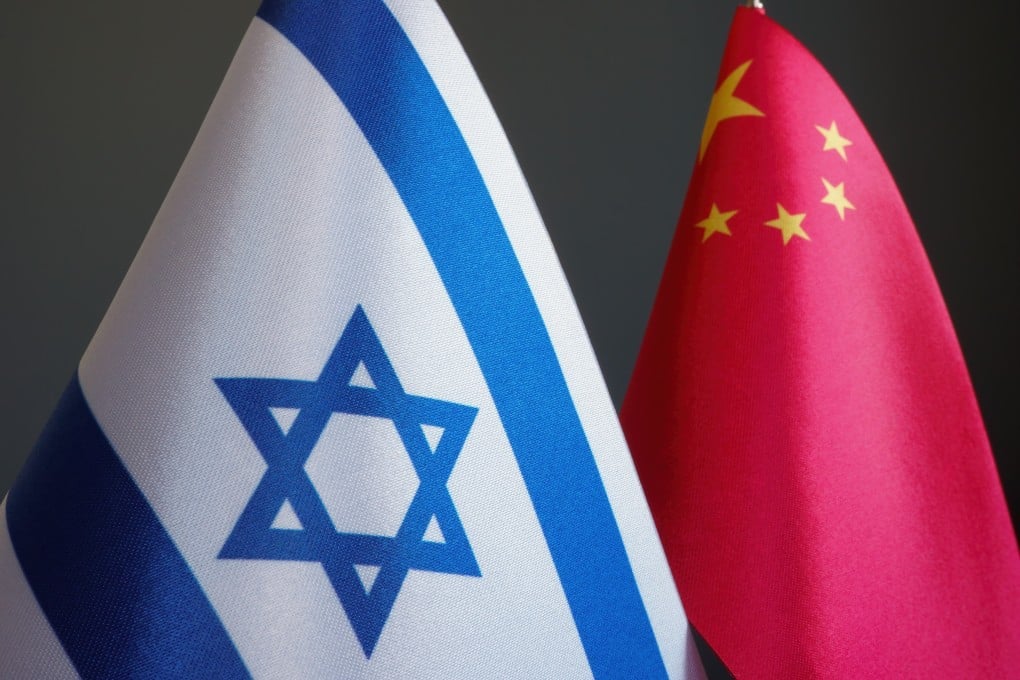Israel-Gaza conflict raises questions over China’s long-term plans for Middle East
- Beijing’s response disappointed Israel, which hoped for a fuller condemnation of attacks on civilians, and this may impact economic ties in future
- But diplomatic observers say this is unlikely to derail Beijing’s approach to the region and expect it to continue its efforts to act as a peace broker

Analysts said Israel had been disappointed by China’s response to the attacks by Hamas that killed hundreds of people, mainly civilians, but questioned whether this would have a serious impact on relations in the longer-term.
The attacks coincided with the 50th anniversary of the Yom Kippur war, and were the deadliest assault on Israel since then.
But many diplomatic observers have questioned whether it was also an attempt to derail an initiative to establish diplomatic relations between Israel and Saudi Arabia.
Last month both Israeli Prime Minister Benjamin Netanyahu and Saudi Crown Prince Mohammed bin Salman indicated that the two countries were close to a historic deal following months of mediation efforts by the US, which has long been seeking this outcome.
But after the start of the latest fighting, which has so far left at least 1,600 dead on both sides, Saudi Arabia expressed its support for the Palestinians, in keeping with its traditional policy, and suggested Israel shoulder its share of the blame for the fighting.